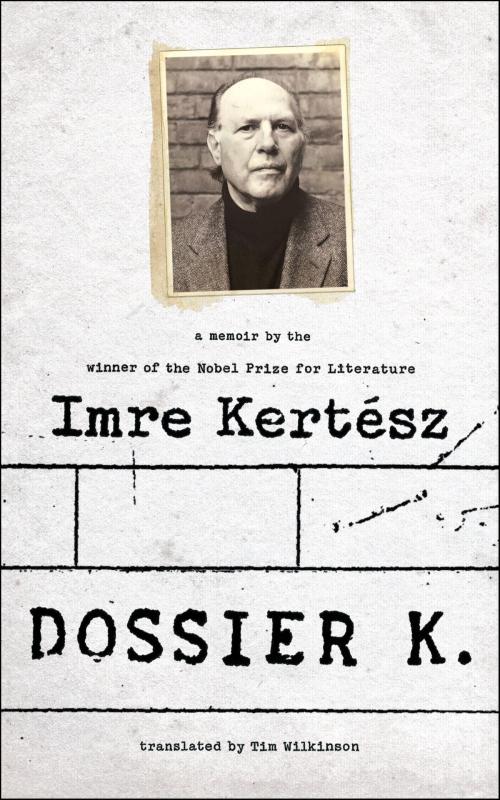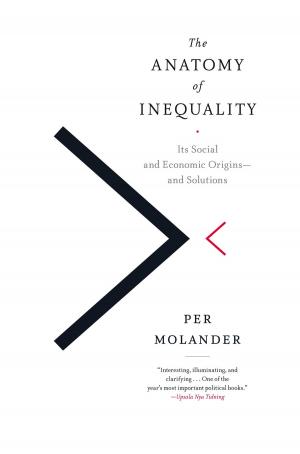Dossier K
A Memoir
Fiction & Literature, Literary Theory & Criticism, Jewish, European, Russian, Biography & Memoir| Author: | Imre Kertész | ISBN: | 9781612192031 |
| Publisher: | Melville House | Publication: | May 7, 2013 |
| Imprint: | Melville House | Language: | English |
| Author: | Imre Kertész |
| ISBN: | 9781612192031 |
| Publisher: | Melville House |
| Publication: | May 7, 2013 |
| Imprint: | Melville House |
| Language: | English |
The first and only memoir from the Nobel Prize–winning author, in the form of an illuminating, often funny, and often combative interview—with himself
Dossier K. is Imre Kertész’s response to the hasty biographies and profiles that followed his 2002 Nobel Prize for Literature—an attempt to set the record straight.
The result is an extraordinary self-portrait, in which Kertész interrogates himself about the course of his own remarkable life, moving from memories of his childhood in Budapest, his imprisonment in Nazi death camps and the forged record that saved his life, his experiences as a censored journalist in postwar Hungary under successive totalitarian communist regimes, and his eventual turn to fiction, culminating in the novels—such as Fatelessness, Fiasco, and Kaddish for an Unborn Child—that have established him as one of the most powerful, unsentimental, and imaginatively daring writers of our time.
In this wide-ranging and provocative book, Kertész continues to delve into the questions that have long occupied him: the legacy of the Holocaust, the distinctions drawn between fiction and reality, and what he calls “that wonderful burden of being responsible for oneself.”
The first and only memoir from the Nobel Prize–winning author, in the form of an illuminating, often funny, and often combative interview—with himself
Dossier K. is Imre Kertész’s response to the hasty biographies and profiles that followed his 2002 Nobel Prize for Literature—an attempt to set the record straight.
The result is an extraordinary self-portrait, in which Kertész interrogates himself about the course of his own remarkable life, moving from memories of his childhood in Budapest, his imprisonment in Nazi death camps and the forged record that saved his life, his experiences as a censored journalist in postwar Hungary under successive totalitarian communist regimes, and his eventual turn to fiction, culminating in the novels—such as Fatelessness, Fiasco, and Kaddish for an Unborn Child—that have established him as one of the most powerful, unsentimental, and imaginatively daring writers of our time.
In this wide-ranging and provocative book, Kertész continues to delve into the questions that have long occupied him: the legacy of the Holocaust, the distinctions drawn between fiction and reality, and what he calls “that wonderful burden of being responsible for oneself.”















